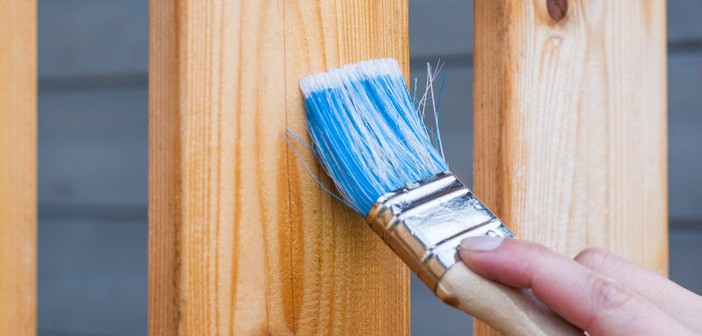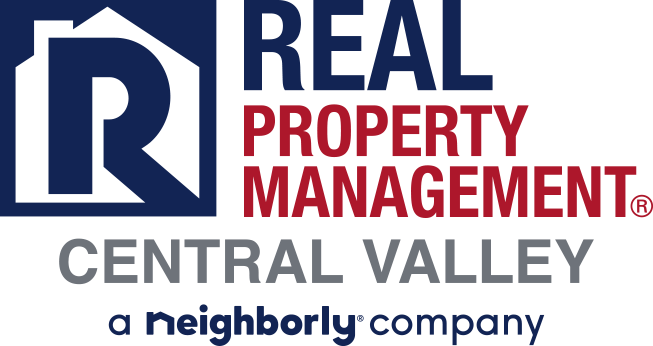How To Estimate Rental Property Expenses

Are you planning on investing in your first Central Valley investment property? If so, one of the most important things that you will need to do is estimate your rental property expenses.
In this article we will provide you with tips on how to estimate your expenses so you will know what to expect from your first investment property.
Repairs & Maintenance
Like vacancy rate, maintenance and repair costs don’t hit you every month. But when they do, they can get expensive.
Budget between 12 to 15 percent of the rent for repairs and maintenance. Brand new properties probably won’t require major repairs as soon as older properties, but over the long term, you’ll have to replace every single component in the property. Budget for it starting from the first month.
The higher the neighborhood turnover rate, the higher your maintenance costs will be. The long-term tenant who stays 10 years probably won’t ask for fresh paint and new carpets every other year. But when you market vacant properties for rent, often you need to repaint, redo the flooring, and conduct other maintenance to attract the best possible tenants.
Similarly, if you accept Section 8 tenants, you’ll have an annual inspection, and you better believe the inspector will find at least a few repairs they’ll require of you. It’s how they prove to their boss that they’re visiting every property on their rounds. Be sure to budget extra money for maintenance and repairs if you accept Section 8—I don’t anymore, for that and other reasons.

Vacancy Rate
Too many new real estate investors ignore vacancy rate, because it’s a negative expense—a lack of income, rather than a monthly bill. But at the end of the year, it has just as much impact on your bottom line. (See this visualization of how cash flow works.)
Vacancy rates vary by neighborhood. Hot, high-demand neighborhoods might see vacancy rates as low as 2 percent, while cooler, lower-demand neighborhoods could see vacancy rates at 20 percent or even higher. It’s up to you as an investor to do your homework on any given neighborhood’s vacancy rate before buying there and to include it in your cash flow calculations.
Ask around among property managers and landlords who operate in the neighborhood. Real estate investing clubs work well for this, and you can also find them in local real estate investing groups on Facebook or local threads on BiggerPockets.
Make sure you know this figure before investing!
Property Insurance
As a real estate investor, you should establish relationships with at least two local insurance agents who work with investors in your market.
Ask them about their policies: what different options cost, what they include, and what restrictions they impose on property types or neighborhoods.
You’ll develop a good sense for what to expect to pay for policies at different property price points. But you can always call up the agents for an exact quote before pulling the trigger on a new property.
Property Taxes
Of all the expenses you have to estimate, this is the easiest.
You know the annual property tax rate in that jurisdiction based on the assessed value of the property. And you know the assessed value can reset to the purchase price that you pay. That makes the math childishly easy.
If your jurisdiction charges 0.5 percent of the assessed value annually and you expect to buy the property for $200,000, then you can expect to pay $1,000 in property taxes.
The trick is to convert that amount to a percentage of rent, which is how you want to calculate your cash flow. That $1,000/year in taxes amounts to $83.33/month, so if that $200,000 property generates $3,000 in gross rent, the property tax comes to 2.8 percent of the rent (which you can round up to 3% to be conservative).
Property Management Costs
Whether you plan to hire a property manager or manage your rentals yourself, you still need to budget for property management.
Why? For two reasons, both of them good. First, you never know when you will become unable or unwilling to continue managing the property. You might have a health emergency, or have triplets, or take a demanding job that doesn’t leave time for managing rentals. Or you might discover you hate being a landlord or just aren’t very good at it.

Second, it’s a labor expense inherent in owning rental properties. Whether you do that labor or you outsource it to someone else, that labor expense is real. If you ignore it, then how can you possibly compare your returns on a rental to truly passive returns on an index fund or REIT?
Start building relationships with property managers in your market. Find out what they charge, and find one you like—even if you intend to self-manage. Don’t just budget for the monthly percent of rent collected, but also budget for new tenant placement fees. These typically cost one month’s rent, and I usually budget for one every two years, which comes to an extra 4 percent of the rent per year.
So, if you find a property manager who charges 8 percent of collected rents each month plus one month’s rent as their new tenant placement fee, plan on budgeting around 12 percent of the rent for property management.
Travel, Bookkeeping, & Miscellaneous Expenses
The other expenses involved in owning and managing rental properties are smaller but no less real.
If you self-manage, you will sometimes need to go visit the property physically. It takes time to track rents and expenses each month. It adds to the complexity of your tax return, and it adds time to how long it will take you to prepare.
Sometimes you’ll need to send eviction warning notices by certified mail or post them on the front door (or both). You’ll have eviction filing fees, maybe even attorney fees. You’ll have to pay for protective, state-specific lease agreements sometimes.
Lump all of these miscellaneous costs together and budget between 2 to 4 percent of the rent for them. They’re real, even if they’re not consistent or obvious. Ignore them at your own peril.
Source – Bigger Pockets
Contact RPM Central Valley
To learn more about the Central Valley property management services we can offer you contact our property management team today today by calling (209) 572-2222 or click here to connect with us online.
